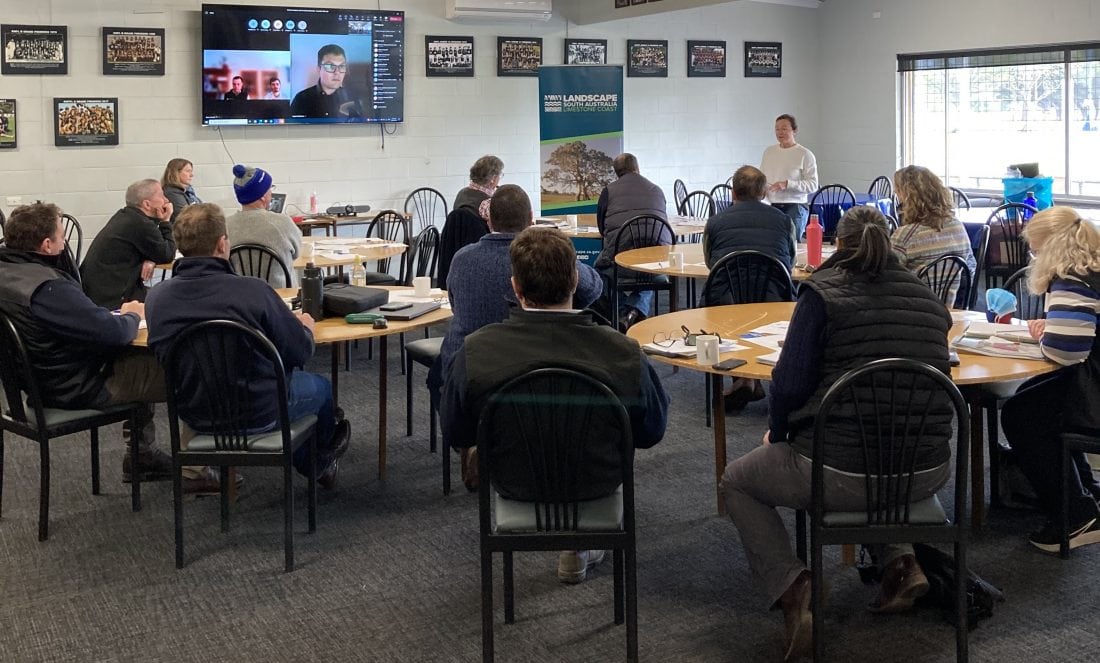Ag Ex Carbon Footprint and Feasibility Extension Project Wraps Up

Carbon footprints allow landholders to quantify their emissions and subsequently interrogate where they can reduce emissions. Emission reduction activities are often also aligned to increased productivity.
Carbon farming has rapidly become a topic that producers and growers need to understand as industry, supply chains and institutions are both indicating and enacting emissions reductions targets.
Carbon farming can look different across sectors however at the core to all systems is the action of reducing greenhouse gas emissions from production while increasing the carbon stored (sequestered) on property.
The Carbon Footprint and Feasibility Project was developed in response to landholders asking ‘where do I start’ and 64 properties undertook training on how a footprint assessment is conducted, reviewed their completed individual footprint assessment and case studies from their sector, and considered the feasibility of actions to reduce their footprint.
Integrity Ag and Environment was contracted to adapt the recently completed PIRSA Carbon Footprint and Feasibility Report for use in the seven workshops they delivered around SA and for preparing the footprint assessments. They also compiled four case studies and three carbon footprint guides.
94% of participants came away stating improved knowledge and a benefit to their business decision-making.
We need to know whether we need to set up programs now instead of getting caught out in a few years’ time. The carbon accounting process was a bit of an eye-opener for me. I was particularly interested in what we could do with our trees.
Nick Whiting, Coonalpyn
The workshop and carbon accounting process provided our business with a high-level estimation of our carbon footprint, together with an increased understanding of emissions, carbon sequestration and carbon markets. This has helped guide management decisions around the most effective way to reduce GHG emissions
Ben Castine, Watervale
One of the major concerns for sustainability for us is limited market access in the future. Continued improvements in flock productivity present the opportunity to lower both net GHG emission and emissions intensity for sheep meat and wool.
Jarred Tilley, Mid North